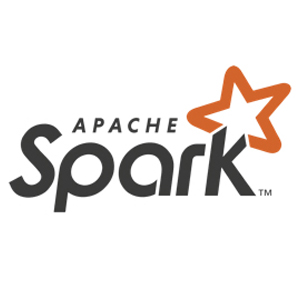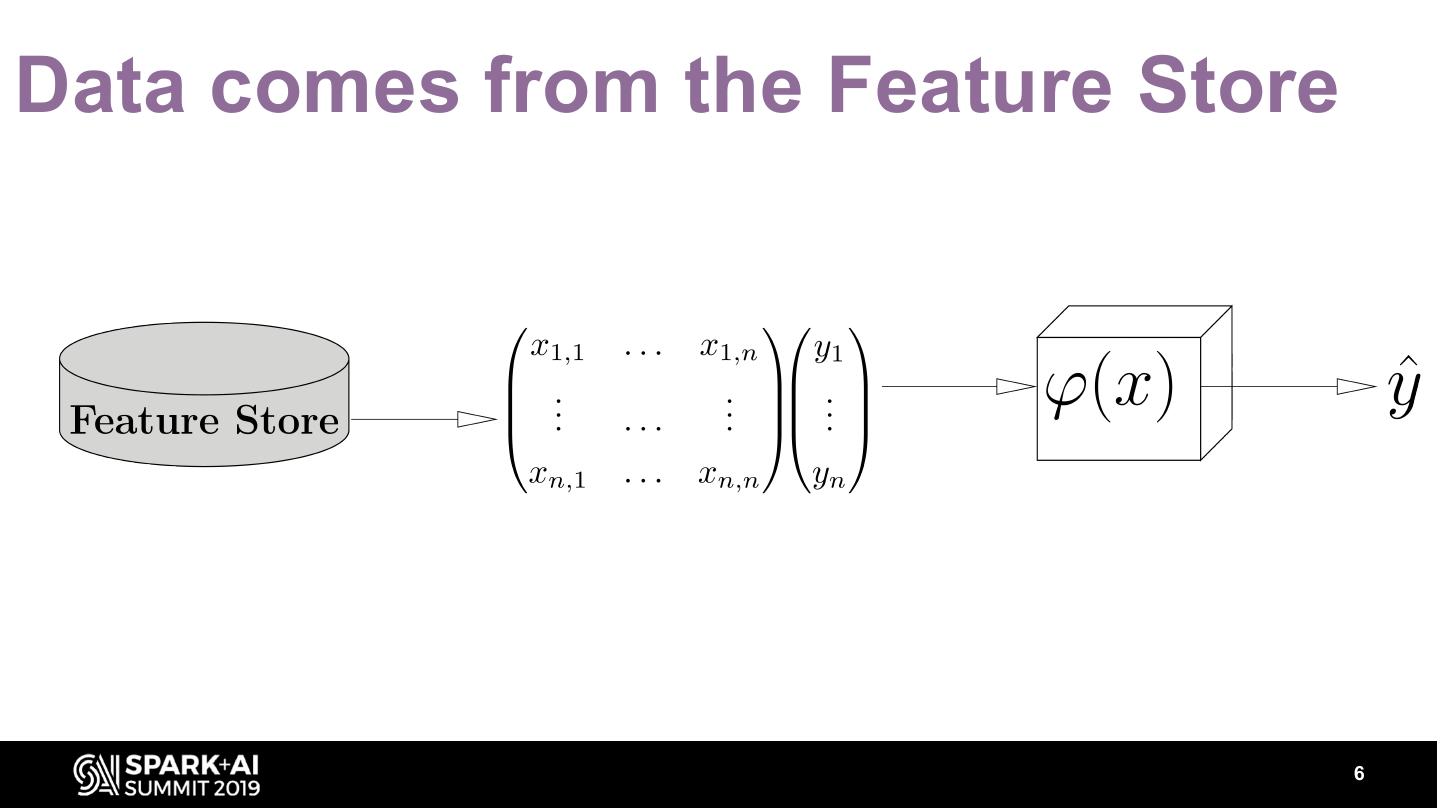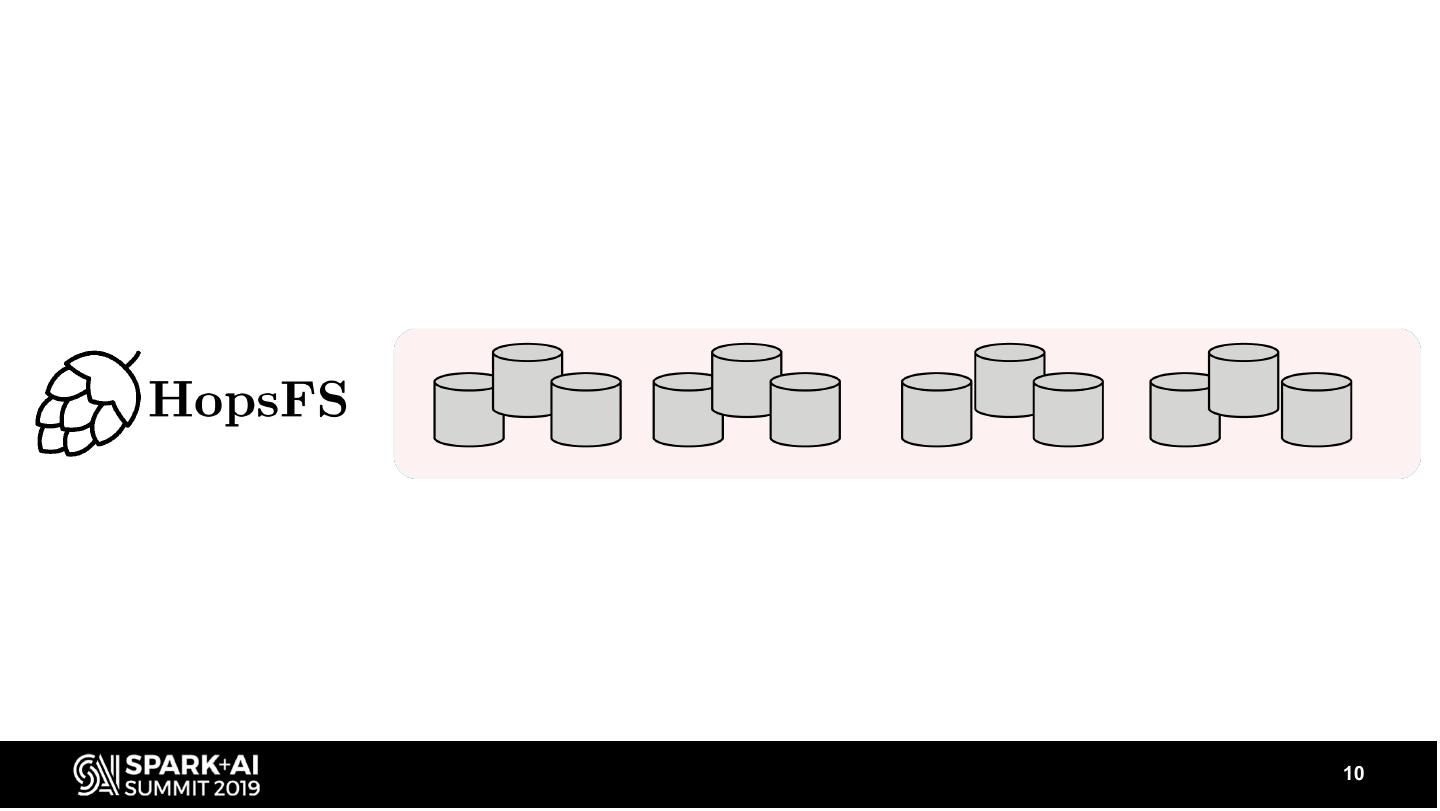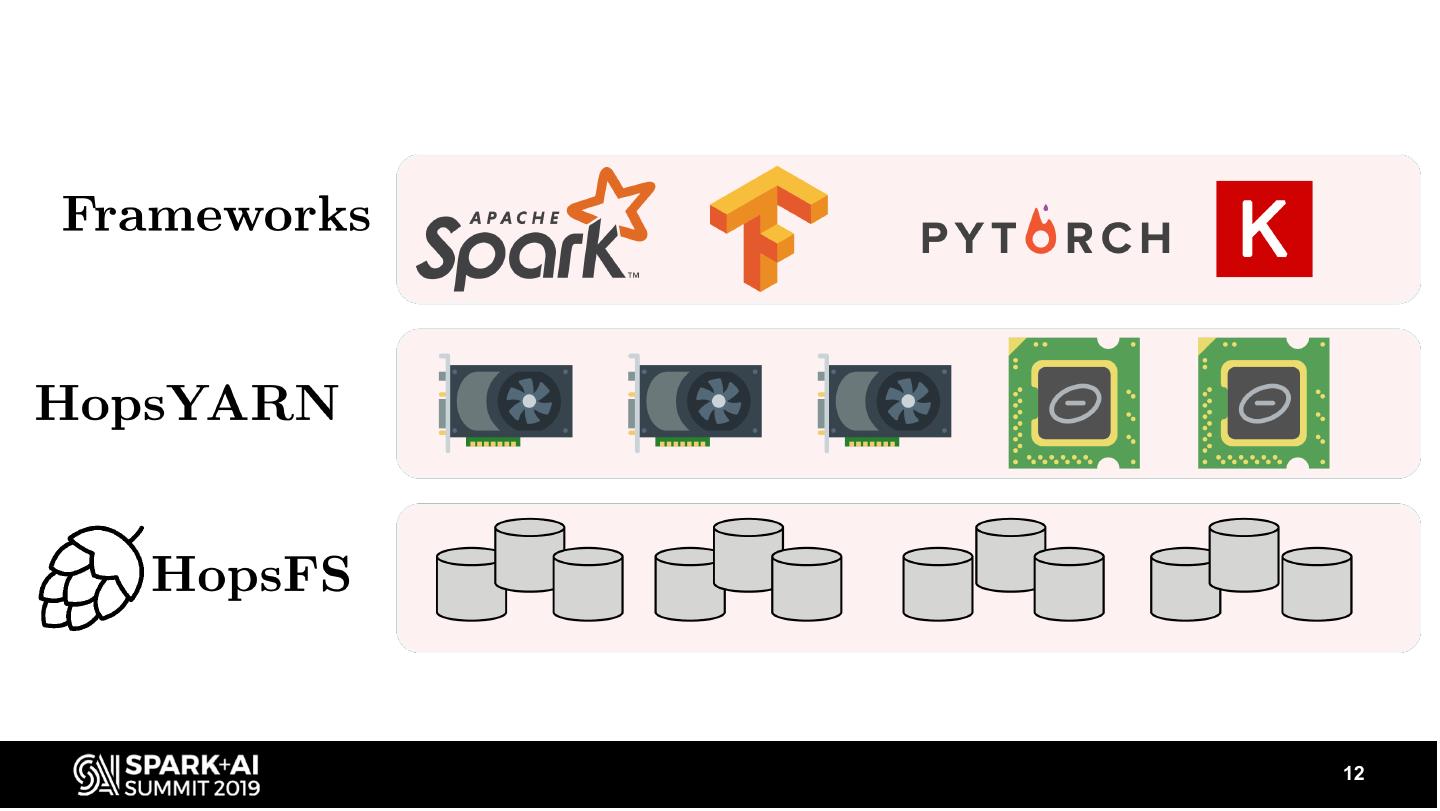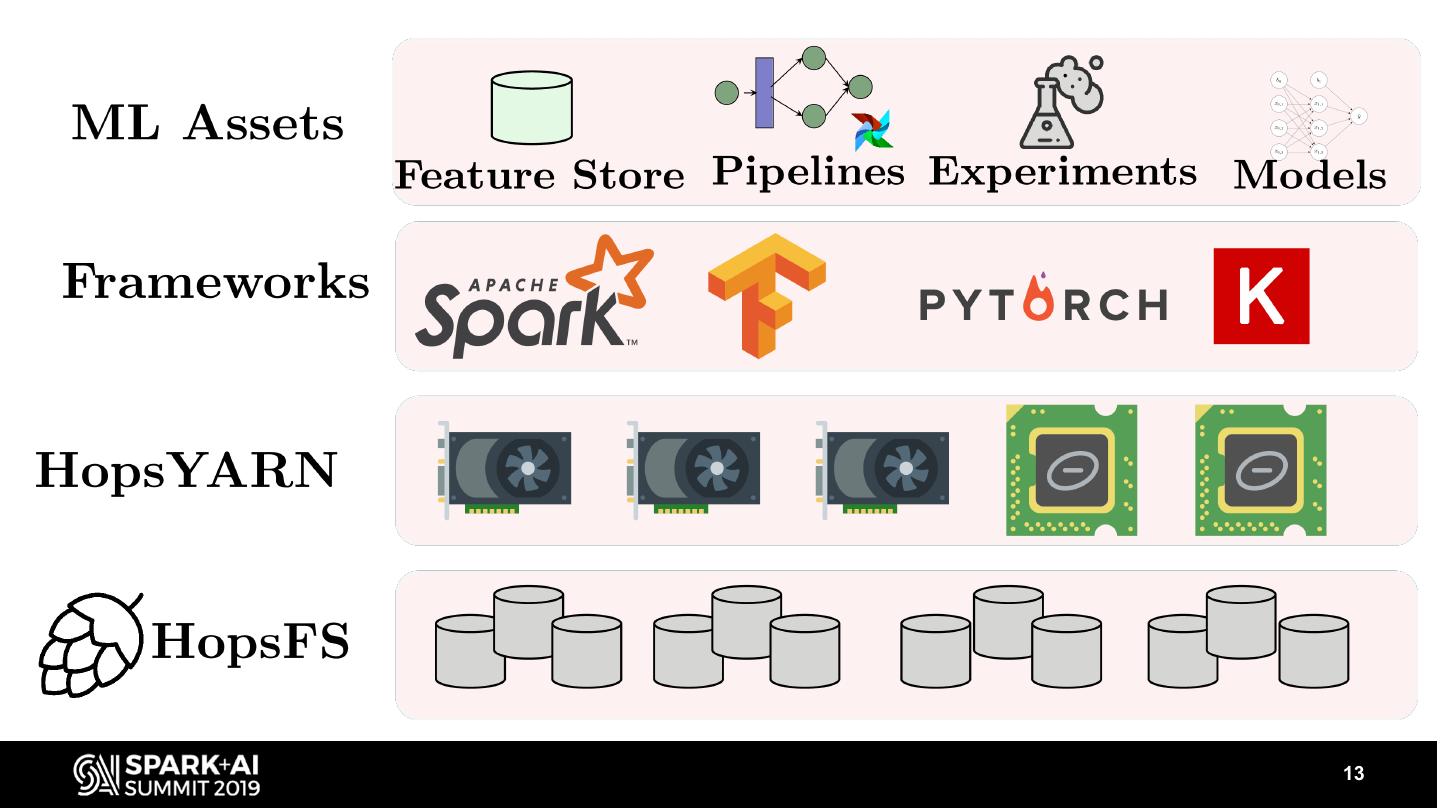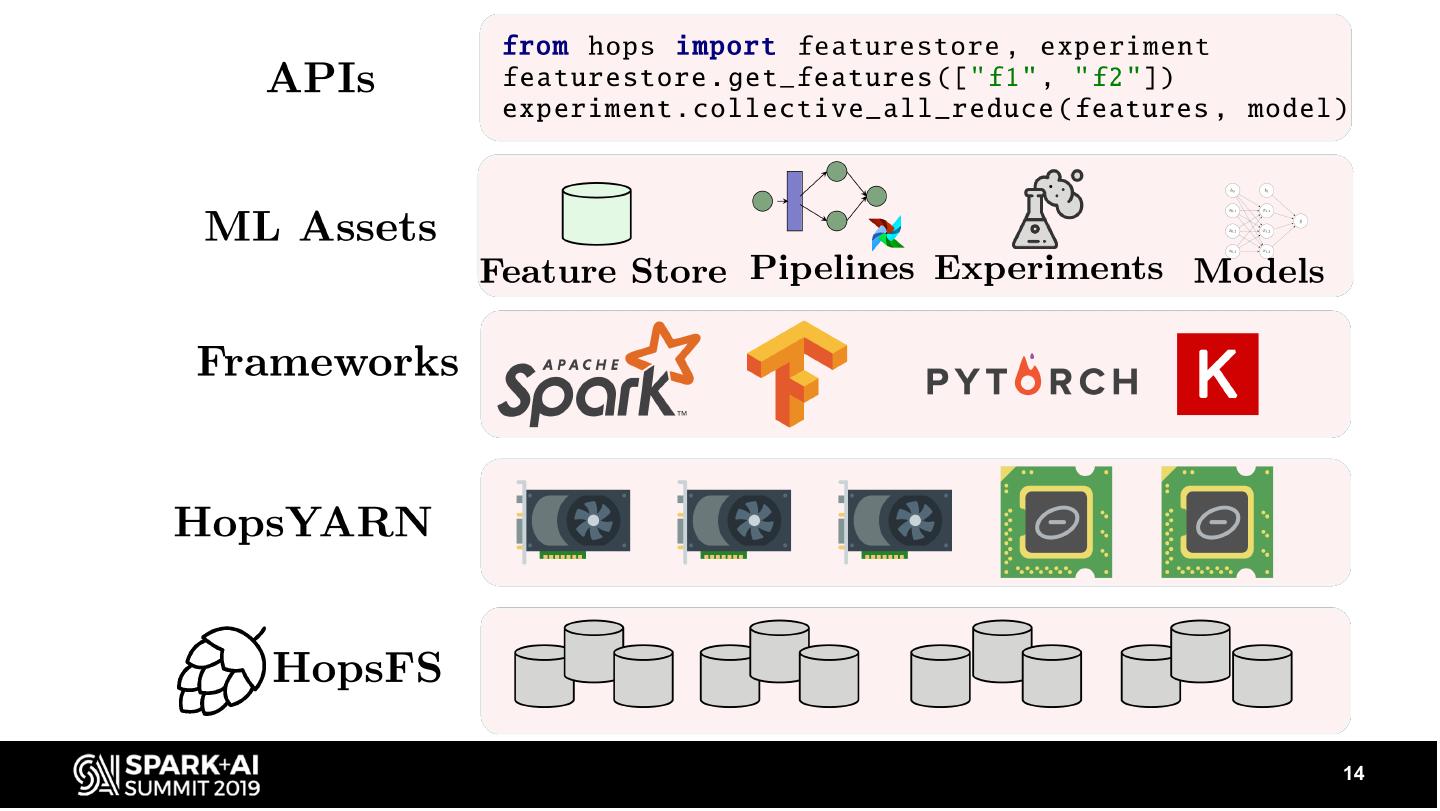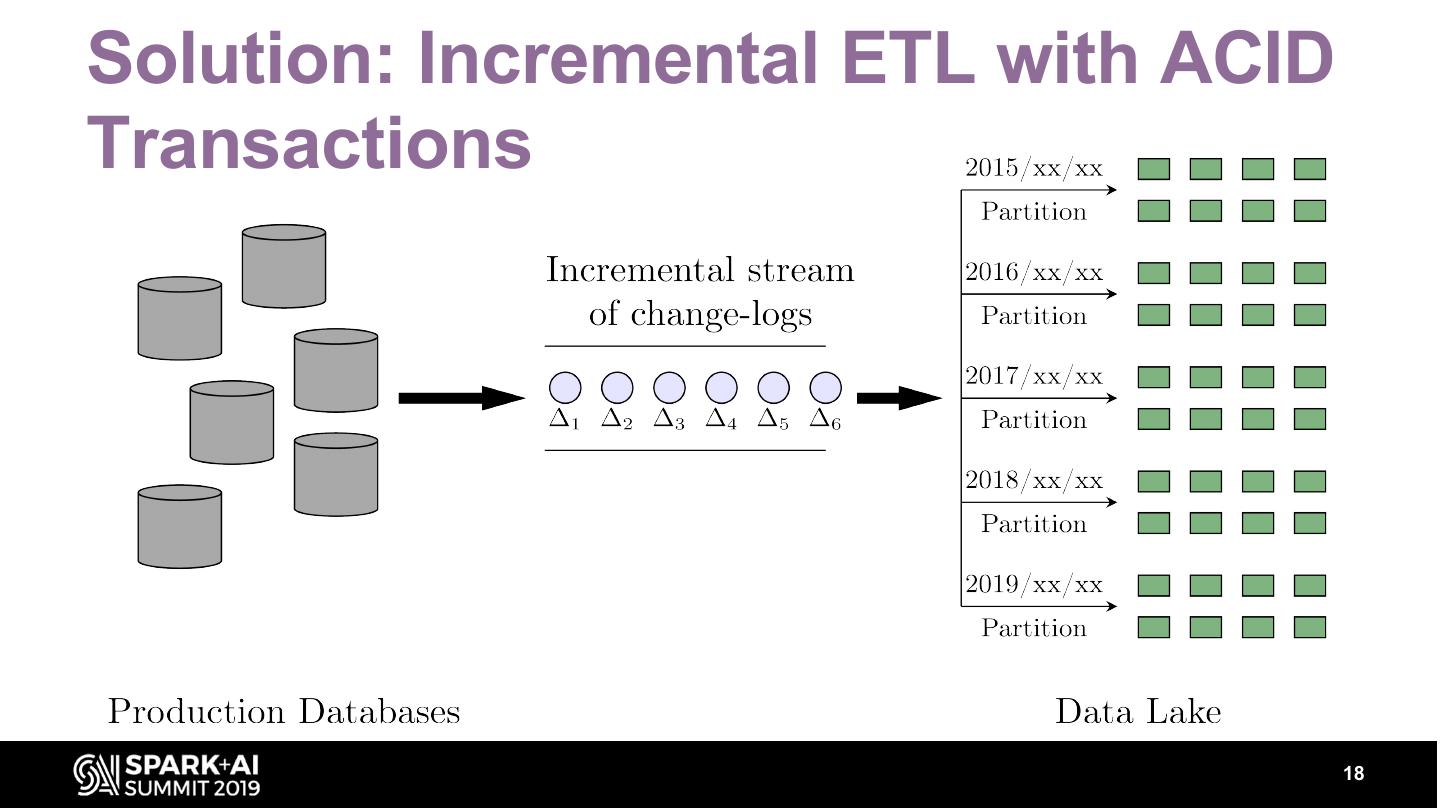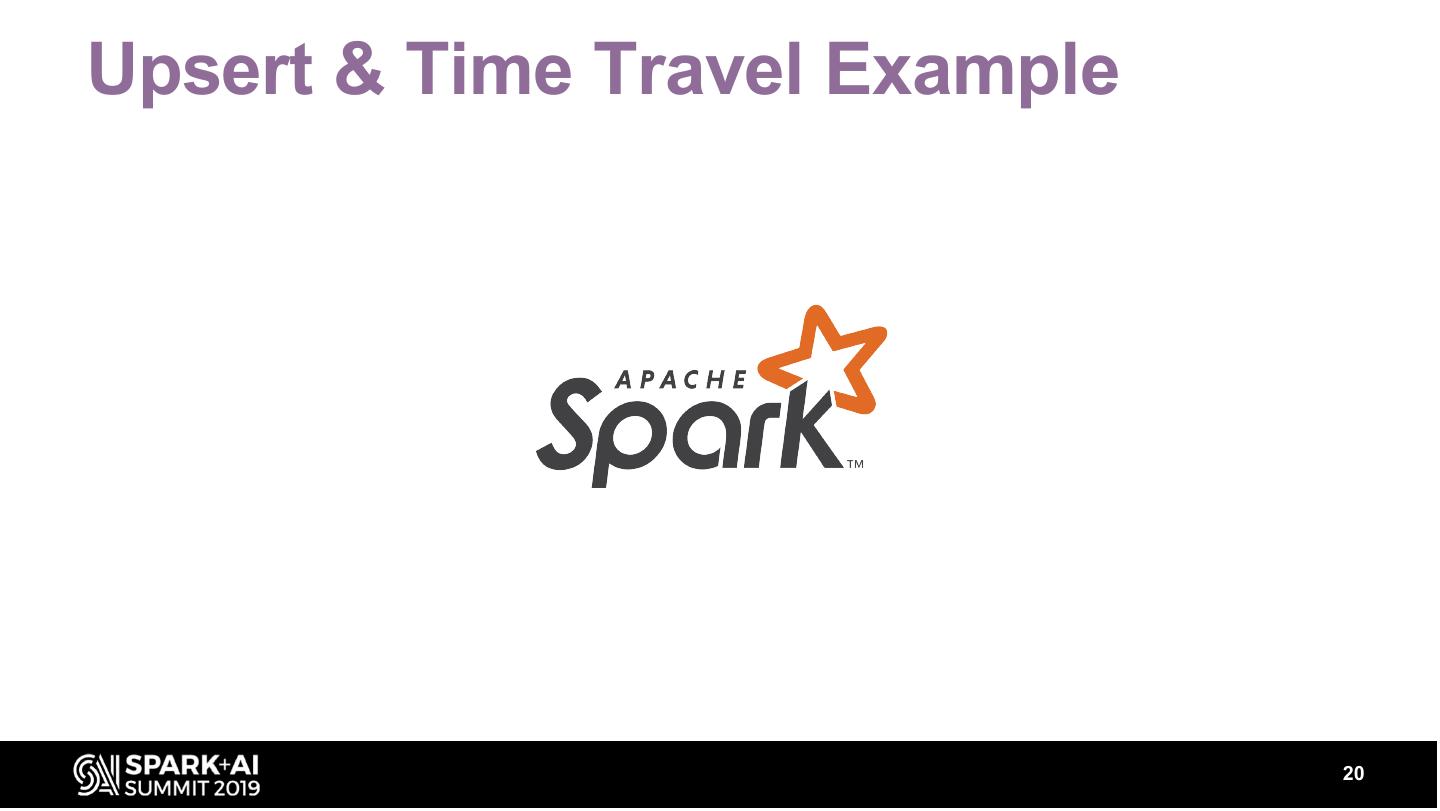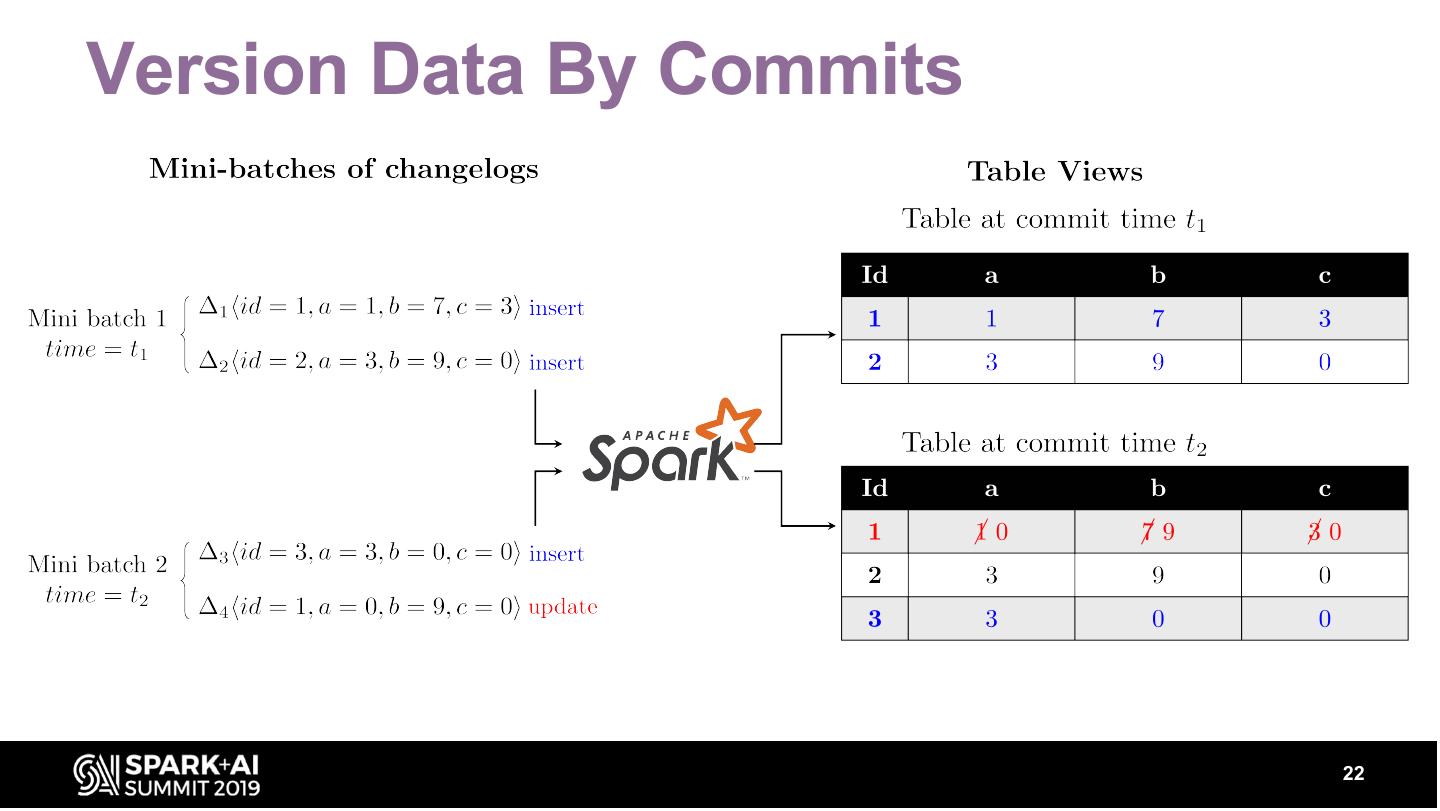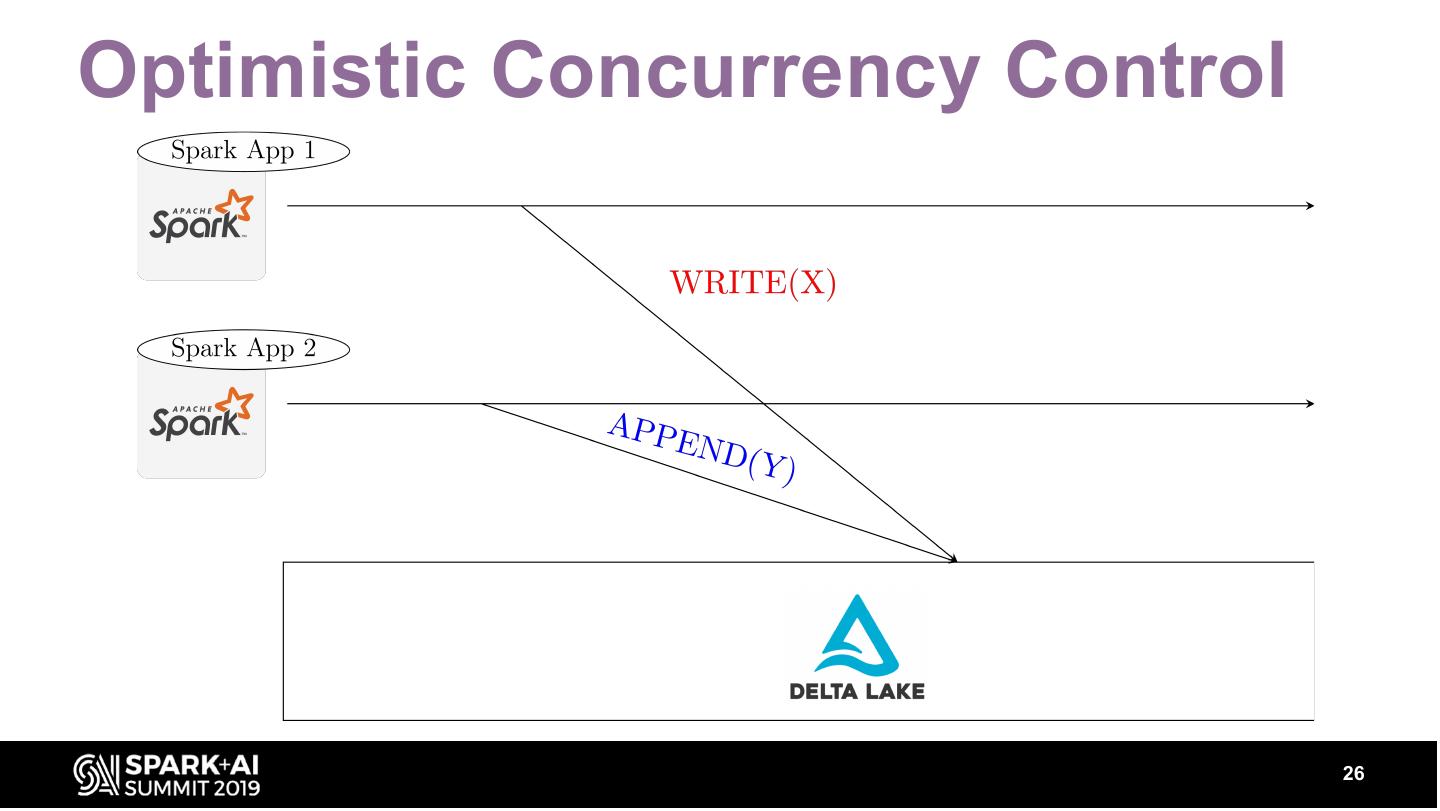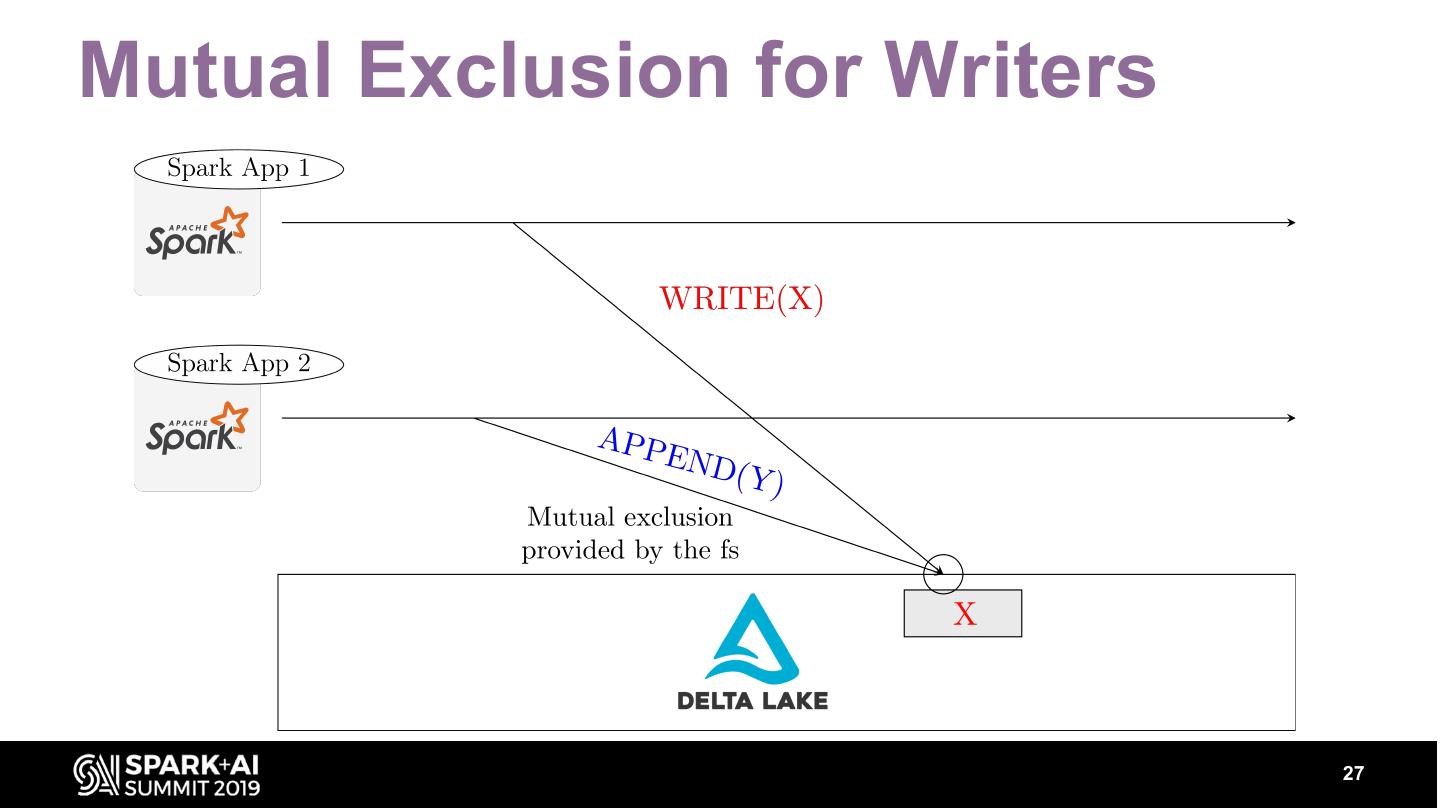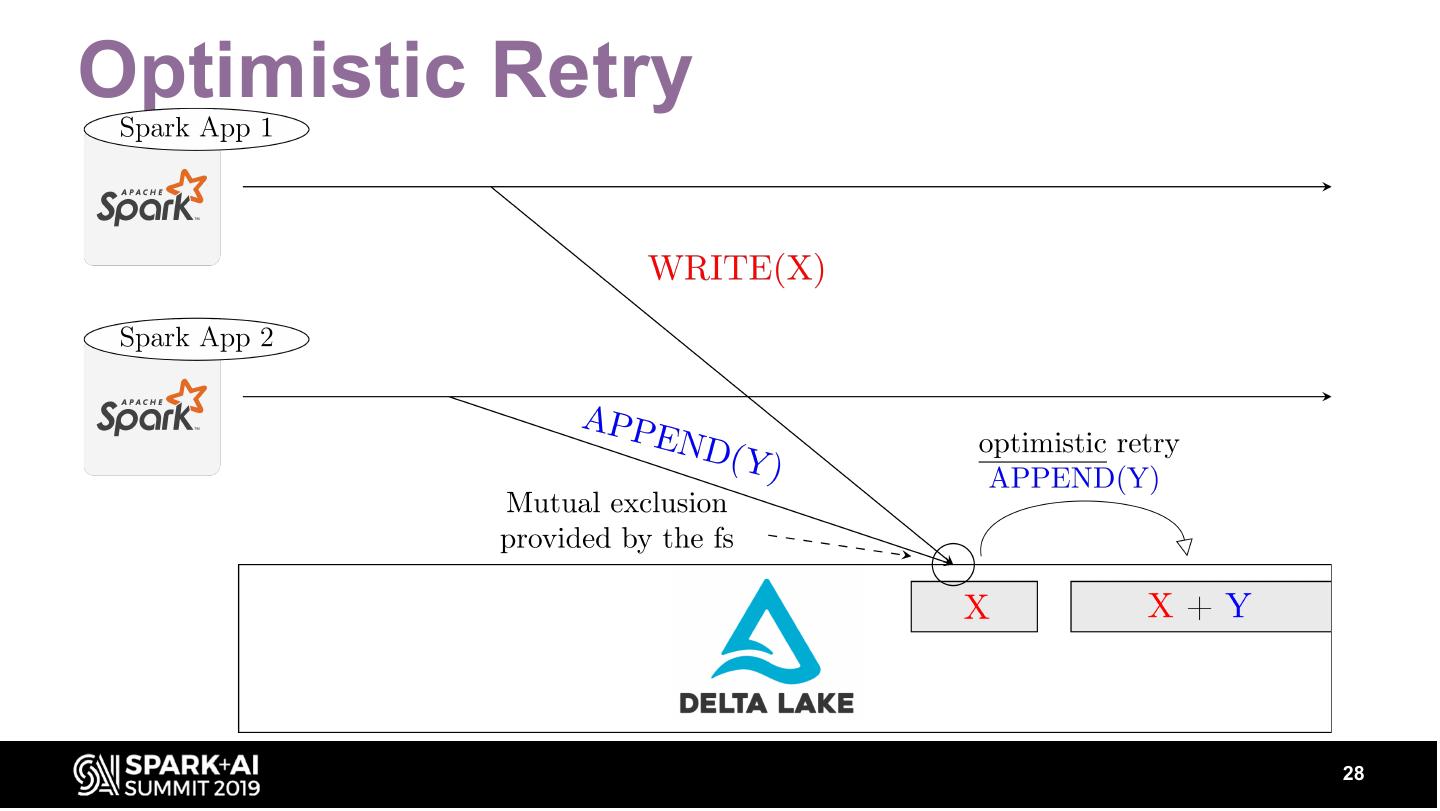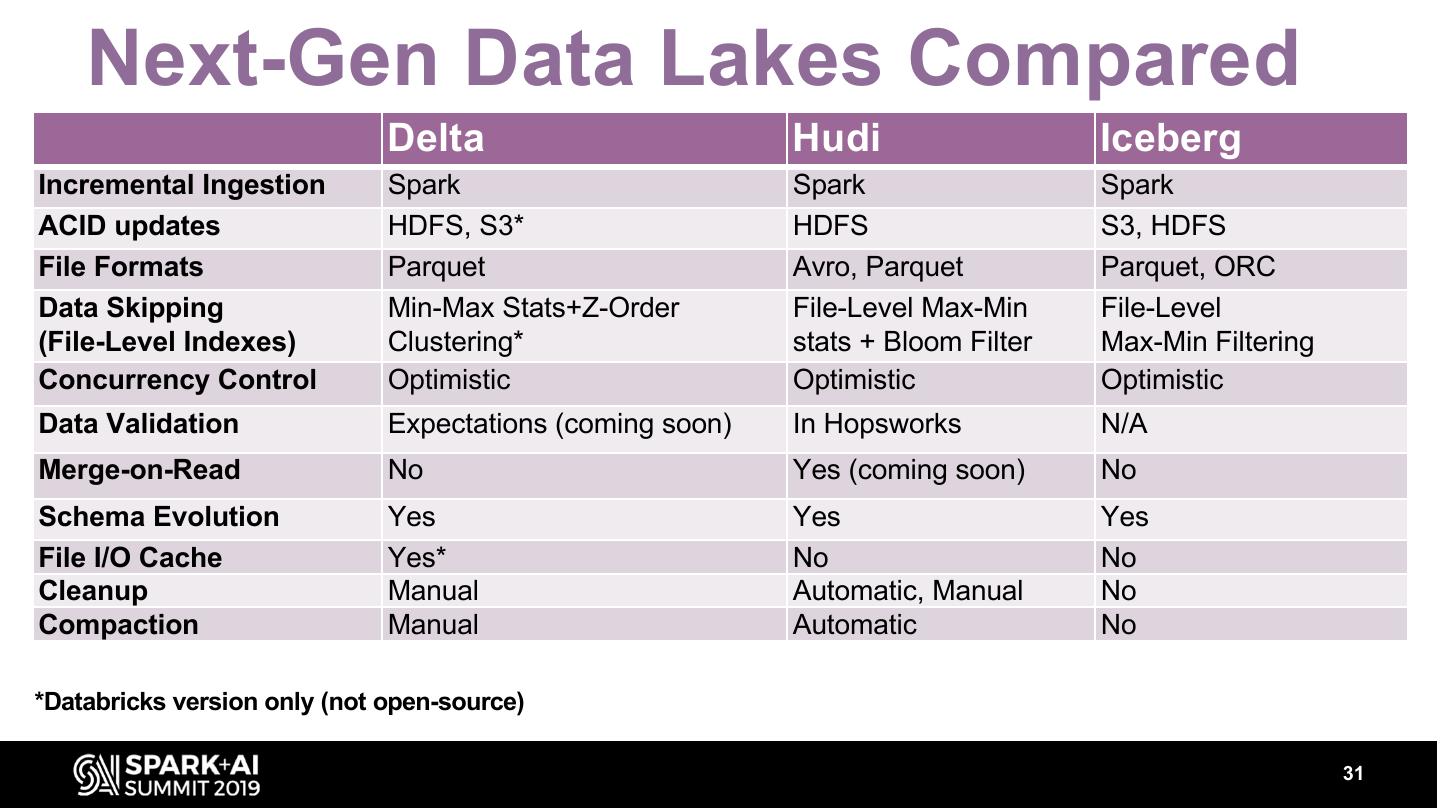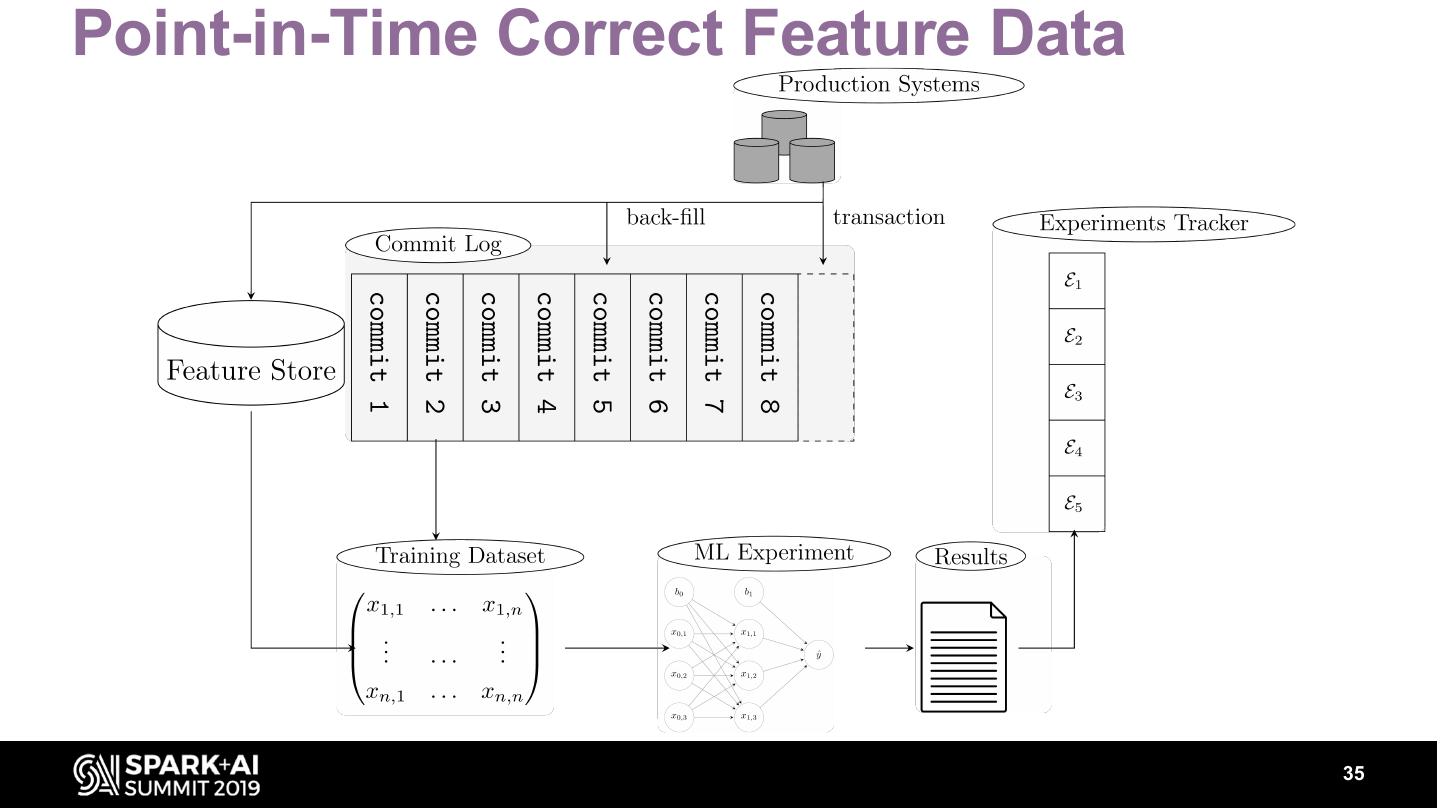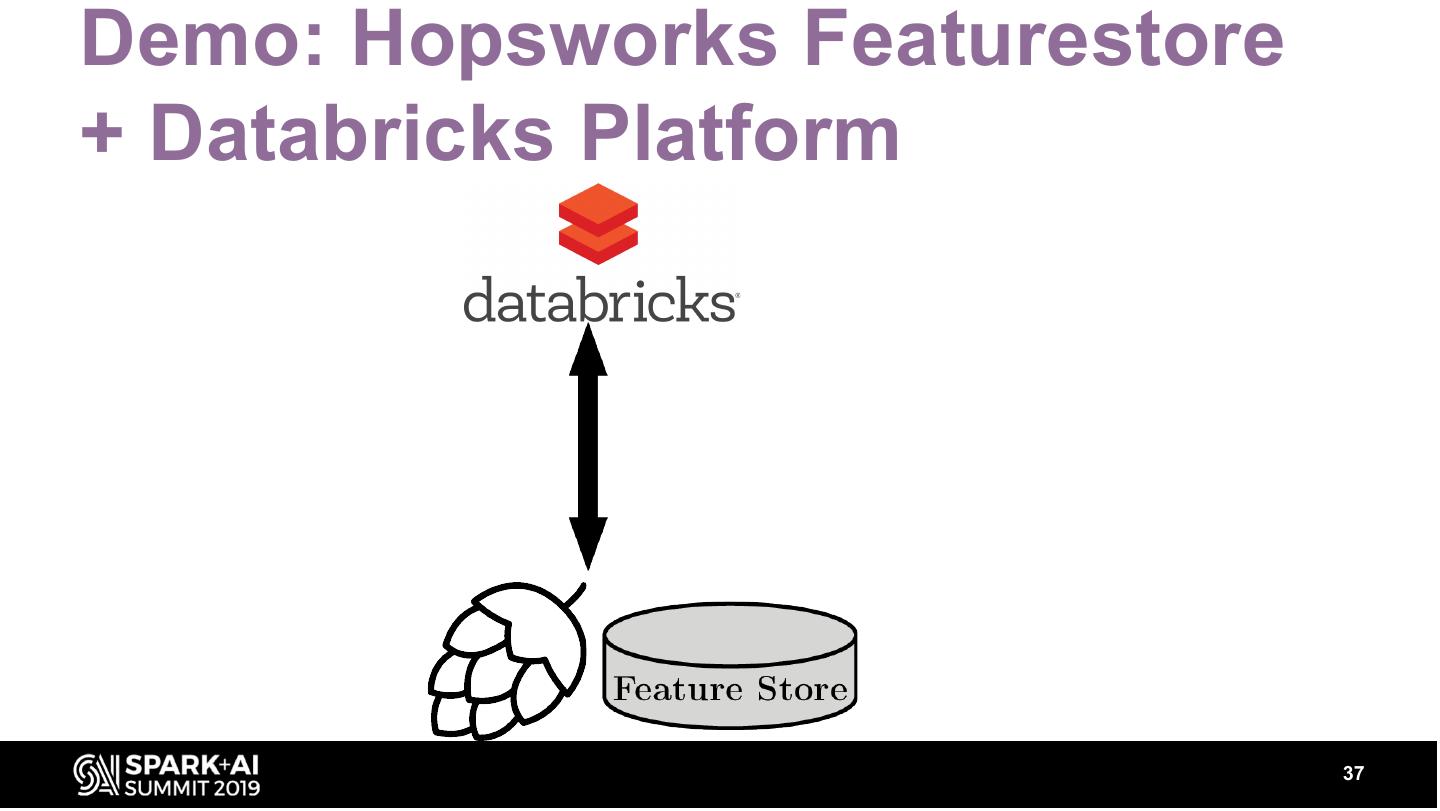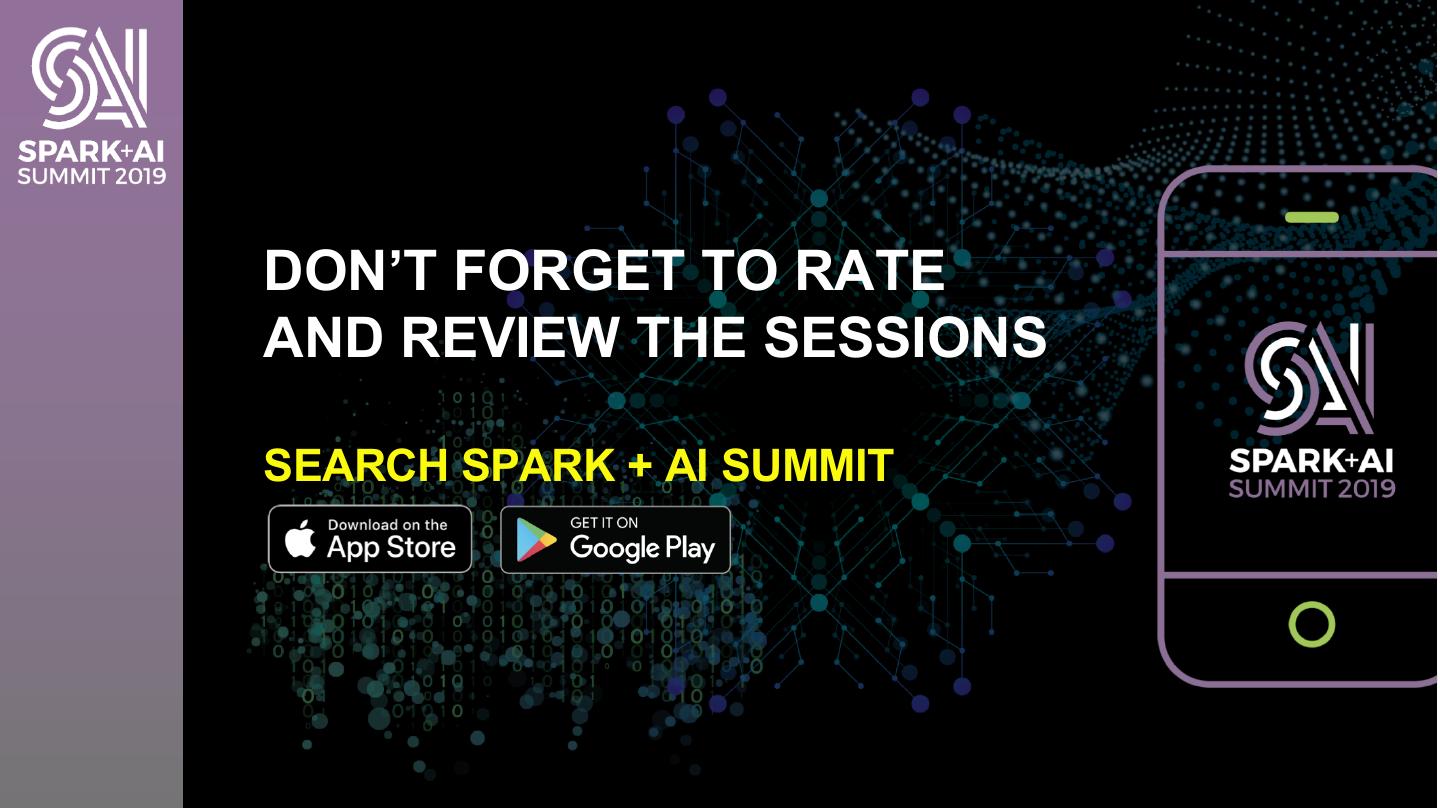- 快召唤伙伴们来围观吧
- 微博 QQ QQ空间 贴吧
- 文档嵌入链接
- <iframe src="https://www.slidestalk.com/Spark/EndtoEndSparkTensorFlowPyTorchPipelineswithDatabricksDelta70178?embed" frame border="0" width="640" height="360" scrolling="no" allowfullscreen="true">复制
- 微信扫一扫分享
End-to-End Spark-TensorFlow-PyTorch Pipelines with Databricks DeltaLake
Hopsworks is an open-source data platform that can be used to both develop and operate horizontally scalable machine learning pipelines. A key part of our pipelines is the world’s first open-source Feature Store, based on Apache Hive, that acts as a data warehouse for features, providing a natural API between data engineers – who write feature engineering code in Spark (in Scala or Python) – and Data Scientists, who select features from the feature store to generate training/test data for models. In this talk, we will discuss how Databricks Delta solves several of the key challenges in building both feature engineering pipelines that feed our Feature Store and in managing the feature data itself.
Firstly, we will show how expectations and schema enforcement in Databricks Delta can be used to provide data validation, ensuring that feature data does not have missing or invalid values that could negatively affect model training. Secondly, time-travel in Databricks Delta can be used to provide version management and experiment reproducability for training/test datasets. That is, given a model, you can re-run the training experiment for that model using the same version of the data that was used to train the model.
We will also discuss the next steps needed to take this work to the next level. Finally, we will perform a live demo, showing how Delta can be used in end-to-end ML pipelines using Spark on Hopsworks.
展开查看详情
1 .WIFI SSID:Spark+AISummit | Password: UnifiedDataAnalytics
2 .End-to-End ML Pipelines with Databricks Delta and Hopsworks Feature Store Kim Hammar, Logical Clocks AB KimHammar1 Jim Dowling, Logical Clocks AB jim_dowling #UnifiedDataAnalytics #SparkAISummit
3 .Machine Learning in the Abstract 3
4 .Where does the Data come from? 4
5 .Where does the Data come from? “Data is the hardest part of ML and the most important piece to get right. Modelers spend most of their time selecting and transforming features at training time and then building the pipelines to deliver those features to production models.” [Uber on Michelangelo] 5
6 .Data comes from the Feature Store 6
7 .How do we feed the Feature Store? 7
8 .Outline 1. Hopsworks 2. Databricks Delta 3. Hopsworks Feature Store 4. Demo 5. Summary 8
9 . Hops works Orches tration in Airflow Batch Dis tributed Model ML & DL Serving Apache Beam Apache Spark Pip Kubernetes Conda Tensorflow s cikit-learn Hops works Applications Datas ources Keras Feature Store API Strea ming J upyter Model Das hboards Notebooks Monitoring Apache Bea m Kafka + Apache Spark Tensorboard Spark Apache Flink Streaming Files ys tem and Metada ta s tora ge Hops FS Data Preparation Experimentation Deploy & Inges tion & Model Training & Productionalize 9
10 .10
11 .11
12 .12
13 .13
14 .14
15 .15
16 .Next-Gen Data Lakes Data Lakes are starting to resemble databases: – Apache Hudi, Delta, and Apache Iceberg add: • ACID transactional layers on top of the data lake • Indexes to speed up queries (data skipping) • Incremental Ingestion (late data, delete existing records) • Time-travel queries 16
17 .Problems: No Incremental Updates, No rollback on failure, No Time-Travel, No Isolation. 17
18 .Solution: Incremental ETL with ACID Transactions 18
19 .Upsert & Time Travel Example 19
20 .Upsert & Time Travel Example 20
21 .Upsert ==Insert or Update 21
22 .Version Data By Commits 22
23 .Delta Lake by Databricks • Delta Lake is a Transactional Layer that sits on top of your Data Lake: – ACID Transactions with Optimistic Concurrency Control – Log-Structured Storage – Open Format (Parquet-based storage) – Time-travel 23
24 .Delta Datasets 24
25 .Optimistic Concurrency Control 25
26 .Optimistic Concurrency Control 26
27 .Mutual Exclusion for Writers 27
28 .Optimistic Retry 28
29 .Scalable Metadata Management 29

